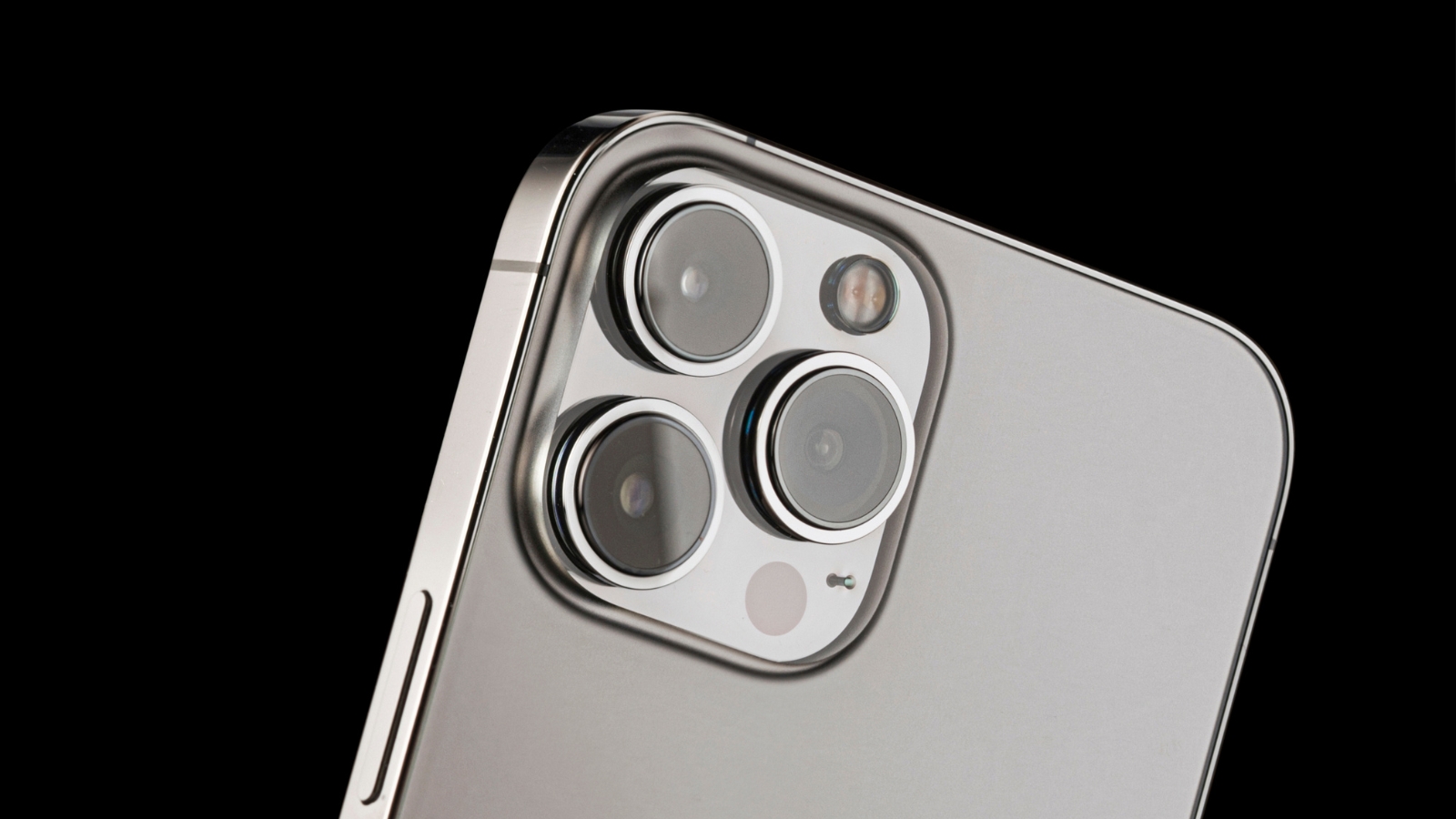US Justice Department Sues Apple for Alleged Monopoly in Smartphone Market
The US Justice Department and multiple states are suing Apple, accusing it of monopolizing the smartphone market. It's part of the US government's bigger move to regulate Big Tech companies. This lawsuit, filed in New Jersey, targets Apple’s restrictive practices in its App Store and with its devices, like prioritizing its own products and services over competitors.
Attorney General Merrick Garland argues that Apple’s monopoly stifles innovation and increases costs for consumers. Despite this, Apple plans to vigorously defend itself, claiming the lawsuit misunderstands its business and could negatively impact its ability to make user-friendly technology.
This suit criticizes Apple for practices like charging a 30% commission on App Store sales and limiting how other companies’ products interact with iPhones. The complaint doesn’t seek to break up Apple but wants the court to stop these practices.
This legal action is part of a broader effort to apply antitrust laws to modern digital companies. It’s seen as a big move by the Biden administration to promote competition and could test the courts’ willingness to regulate tech giants. The lawsuit could impact Apple’s policies and, potentially, its business model and market value.
WHY IS THIS IMPORTANT?
If the lawsuit leads to changes in Apple’s practices, it could affect the cost and availability of technology that our industry relies on - like smartphones and apps used for tracking, routing, and managing logistics.
Additionally, the push against Apple’s alleged monopolistic practices might open the door for more innovation and competition in the tech sector. This could lead to the development of new, potentially more efficient, or cost-effective technological solutions for transportation and logistics.
🔥 OUR HOT TAKE?
The ongoing antitrust lawsuit against Apple marks a pivotal moment not just for big tech, but for all industries reliant on digital technology, including transportation and logistics. This case could set a precedent that influences the cost, quality, and variety of technological tools available to us, potentially opening the doors to a more competitive and innovative market.
As we increasingly rely on digital solutions for efficiency and scalability, the outcome of this lawsuit could be a game changer in how we navigate our digital infrastructure and investments.
The US Justice Department and multiple states are suing Apple, accusing it of monopolizing the smartphone market.
Apple has deep-rooted ties with Chinese suppliers spanning three decades, making it challenging to sever connections despite diversifying its sources.
Apple has called it quits on its ambitious Apple car project, known internally as 'Project Titan', reallocating its 2000-strong workforce.
Apple has decided to pump the brakes on its electric car project, a move that could positively impact its stock performance, according to a report by Morgan Stanley.
The FTC is investigating Big Tech's investments in cloud services for smaller AI companies like OpenAI and Anthropic.
Apple is gearing up to mass ship its Vision Pro mixed-reality headset in the first week of January, with plans to launch it in Apple Stores in late January or early February, according to analyst Ming-Chi Kuo.
China's President Xi Jinping attended a dinner in San Francisco with prominent American CEOs, including Tim Cook of Apple, Elon Musk of Tesla, and Larry Fink of BlackRock, among others.
China is reportedly planning to expand its ban on iPhones in sensitive departments to include government-backed agencies and state-owned companies, posing challenges for Apple in its largest foreign market and primary production base.
Several major tech companies, including Amazon, Google, Meta, Microsoft, and others, have made voluntary commitments to meet a set of artificial intelligence (AI) safeguards brokered by the White House.
Apple has successfully addressed the production disruptions it faced last year, with CEO Tim Cook stating that iPhone supply was not an issue during Q2.
Apple has recently declared that by 2025, they will use 100% recycled cobalt in their batteries, as well as all their magnets to be made with recycled earth elements.
Apple has announced its plans to establish retail stores in India, aiming to attract a significant number of consumers.
Apple has announced that more suppliers have promised to use carbon-conscious energy.
The Kremlin of Russia has ordered all government officials to immediately cease use of Apple iPhones due to the phone’s perceived vulnerability to western intelligence breaches.
Heavily reliant on the country, Apple’s business has suffered after several years of strict Covid lockdowns in China.
Apple sent notice to its suppliers that the company was actively looking to focus its production in other Asian countries.
Chinese authorities imposed a seven-day lockdown of the central Chinese city of Zhengzhou last week, shutting down Apple’s iPhone factory in the location.
The company’s primary assembly facility in Zhengzhou, China is operating at a “significantly reduced capacity” due to the country’s strict restrictions regarding the Covid-19 virus.
Apple has raised an eyebrow or two after asking its Taiwan-based suppliers to begin labeling their products as “Made in China”.





















Apple's shares saw a significant jump, soaring over 7% on Friday after the tech giant reported impressive second-quarter earnings.